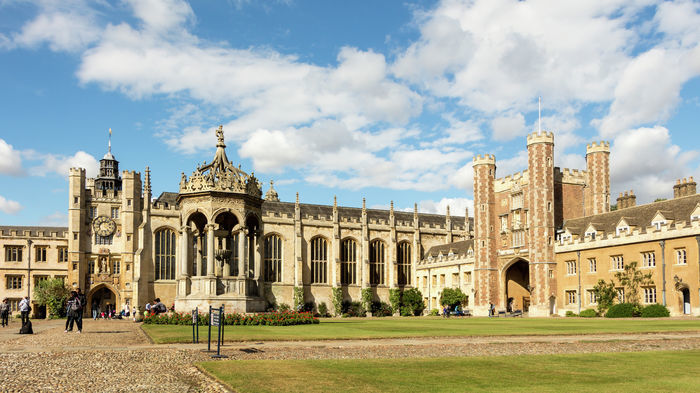Fitzwilliam museum to investigate slavery links
A new exhibition will consider the wealth its founder gained from the slave trade, to consider Cambridge’s place in a global legacy of colonialism

Cambridge’s Fitzwilliam Museum will host an exhibition reflecting on the university’s links with the slave trade. The exhibit, titled “Black Atlantic: Power, People, Resistance,” will bring together items from colleges, libraries, and museums across the university.
The exhibition will use as its starting point the museum’s founder, Viscount Richard Fitzwilliam, who gained wealth from the East India and South Sea Companies. The exhibit will be held in the museum’s Founder’s Galleries, which were built with “the profits of enslavement and exploitation”, notes its website.
The exhibition, curated by LSE historian Dr Jake Subyran Richards, will set contemporary and historical pieces in dialogue with each other. Modern art will be placed alongside objects which illustrate the societal transformations “that came about because of enslaved labour.”
This technique, says the Fitzwilliam’s web page, will “reveal stories of courage, resistance, hope and repair.”
The displays will explore “pre-colonial Africa and the Caribbean, the rise and racialisation of Atlantic enslavement, and histories of resistance by enslaved people.” The exhibition aims at telling “both a Cambridge story, and a global one.”
The museum's director, Luke Syson, told Varsity that the exhibition marks "an important moment in the history of the Fitzwilliam.”
The show, Syson continued, “situates us within an enormous transatlantic story of exploitation and enslavement, one whose legacy is in many ways as pervasive and insidious today as it was in the seventeenth, eighteenth or nineteenth century.”
By combining historical and modern pieces, Syson believes the museum is "rethinking our shared histories to help us consider the ways we can contribute to a better, repaired world, in which principles of equity are enshrined."
This exhibition comes as the university itself has begun to explore its links with slavery. A report published in September found that Cambridge made “significant benefits” from the slave trade, and Trinity announced plans to appoint a Legacies of Slavery Fellow this March.
“Having unearthed our University’s links to an appalling history of abuse, the report encourages us to work even harder to address current inequalities,” said outgoing vice-chancellor Stephen Toope in September.
The exhibition will launch this September and run until January 2024.
 News / Candidates clash over Chancellorship25 April 2025
News / Candidates clash over Chancellorship25 April 2025 News / Cambridge professor paid over $1 million for FBI intel since 199125 April 2025
News / Cambridge professor paid over $1 million for FBI intel since 199125 April 2025 Interviews / Dr Ally Louks on going viral for all the wrong reasons25 April 2025
Interviews / Dr Ally Louks on going viral for all the wrong reasons25 April 2025 Music / The pipes are calling: the life of a Cambridge Organ Scholar25 April 2025
Music / The pipes are calling: the life of a Cambridge Organ Scholar25 April 2025 Comment / Cambridge students are too opinionated 21 April 2025
Comment / Cambridge students are too opinionated 21 April 2025






